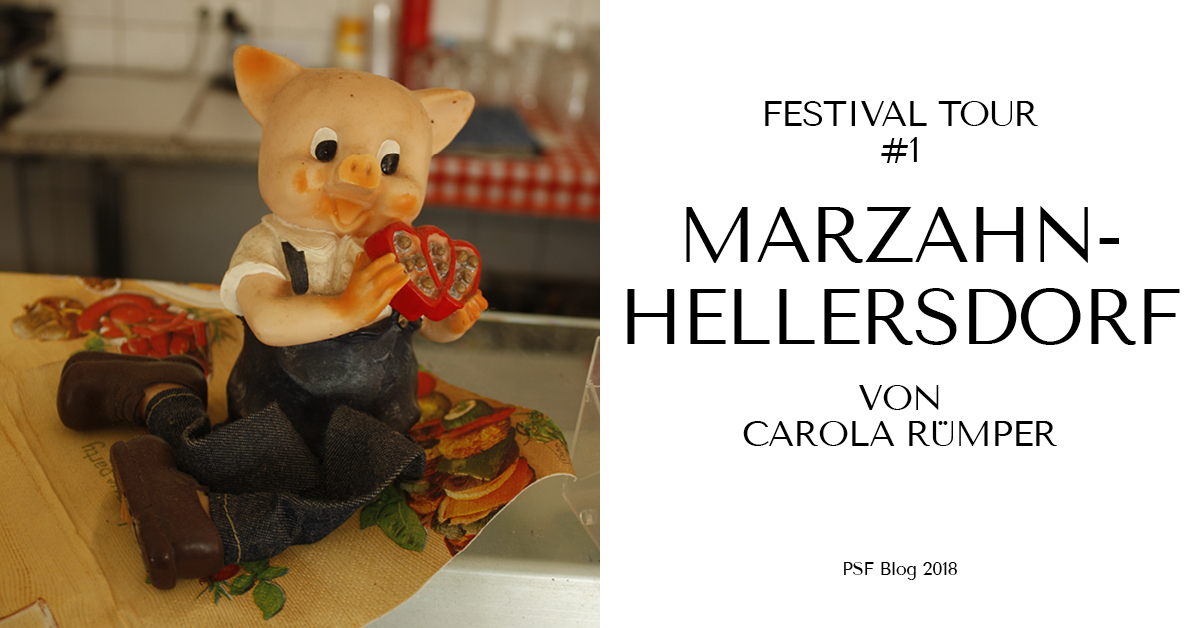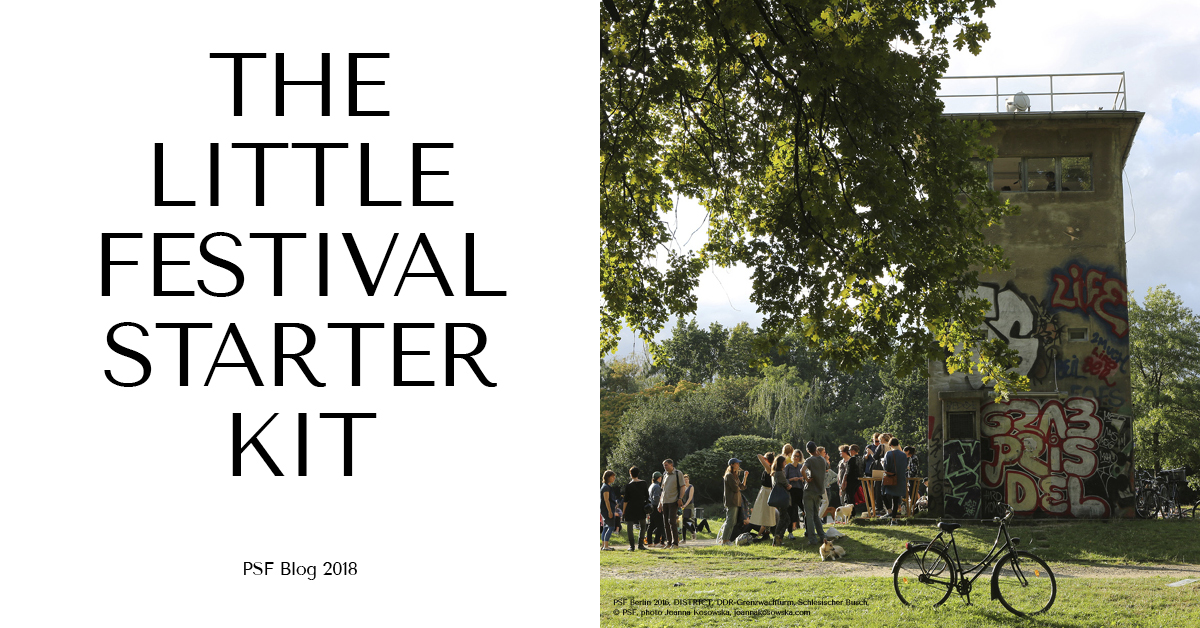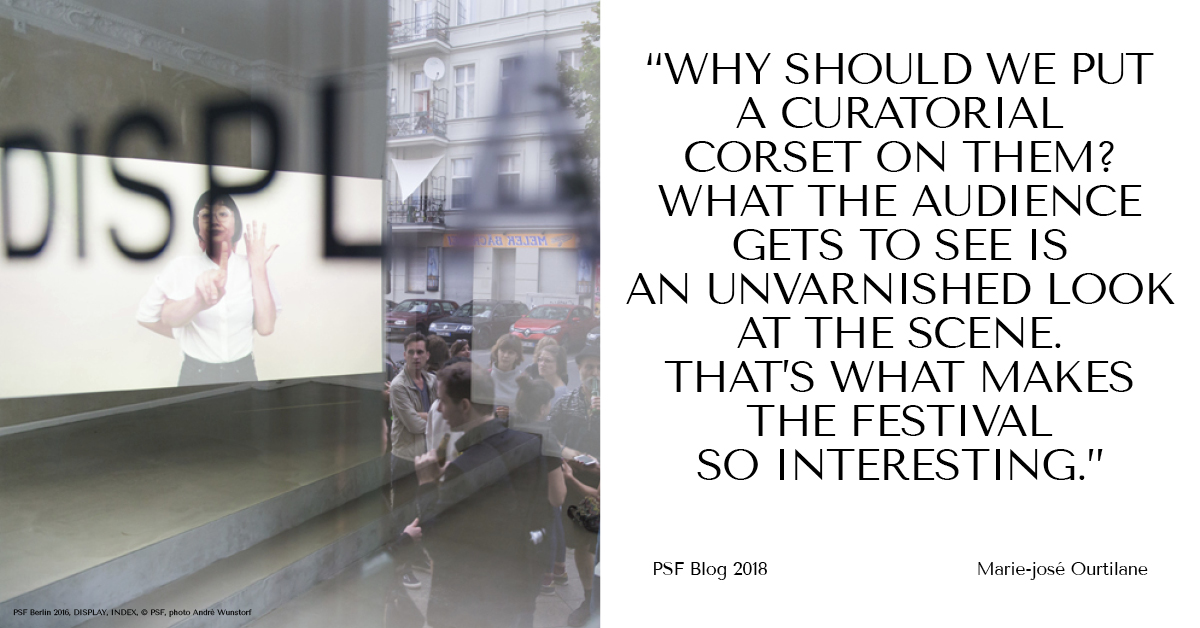
The Project Space Festival is also a tour through the city. Artist Carola Rümper takes us on a stroll through her favourite spots in Marzahn-Hellersdorf, where the festival contribution of her project space mp43 – projekraum für das periphere opens on August 8th. A journey to frozen places, balcony cinemas and sausage editions.
Sojus Cinema
“The Sojus is a defunct cinema, which is situated right on Allee der Kosmonauten. It was commissioned by Erich Honecker and opened in 1981. Since 2007 there have been no screenings here, and the building has been left to rot. Unfortunately, I never made it to the cinema when it was still open. When you stand here and listen to the Russian sounding names like “Sojus” and “Allee der Kosmonauten”, you understand that what lies before you here is the past of the city of Berlin, frozen in time. What a shame that this place, like so many others, will disappear when it will be torn down at the end of 2018. Come and see it before it’s too late.”


